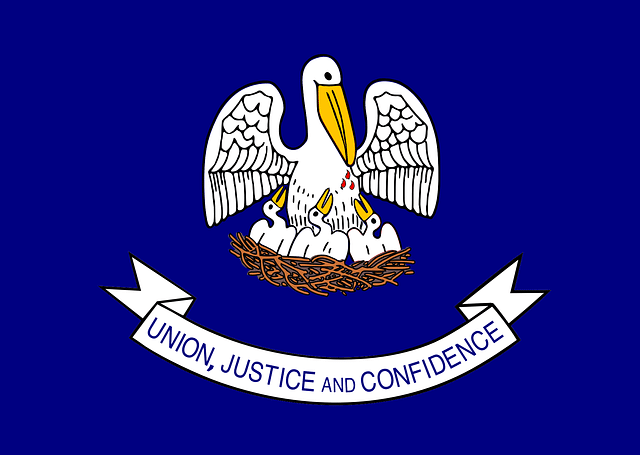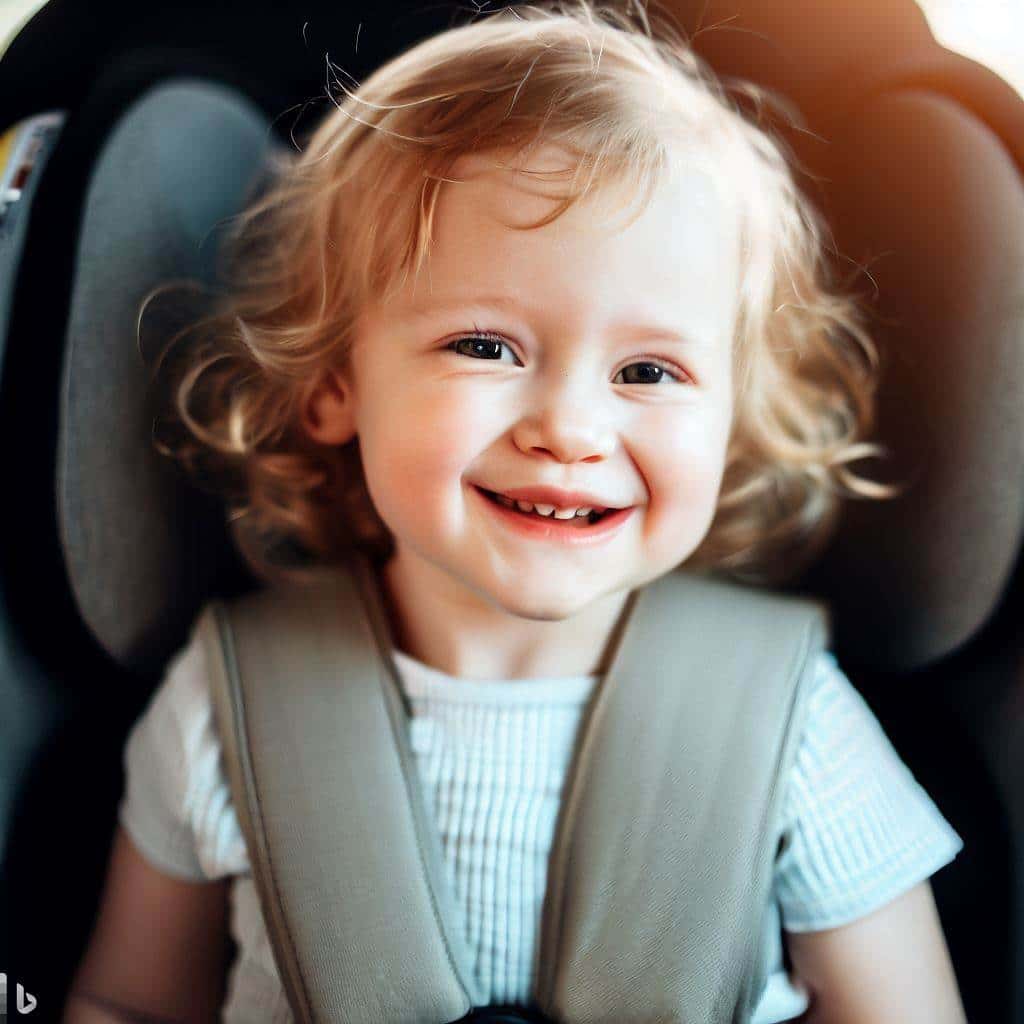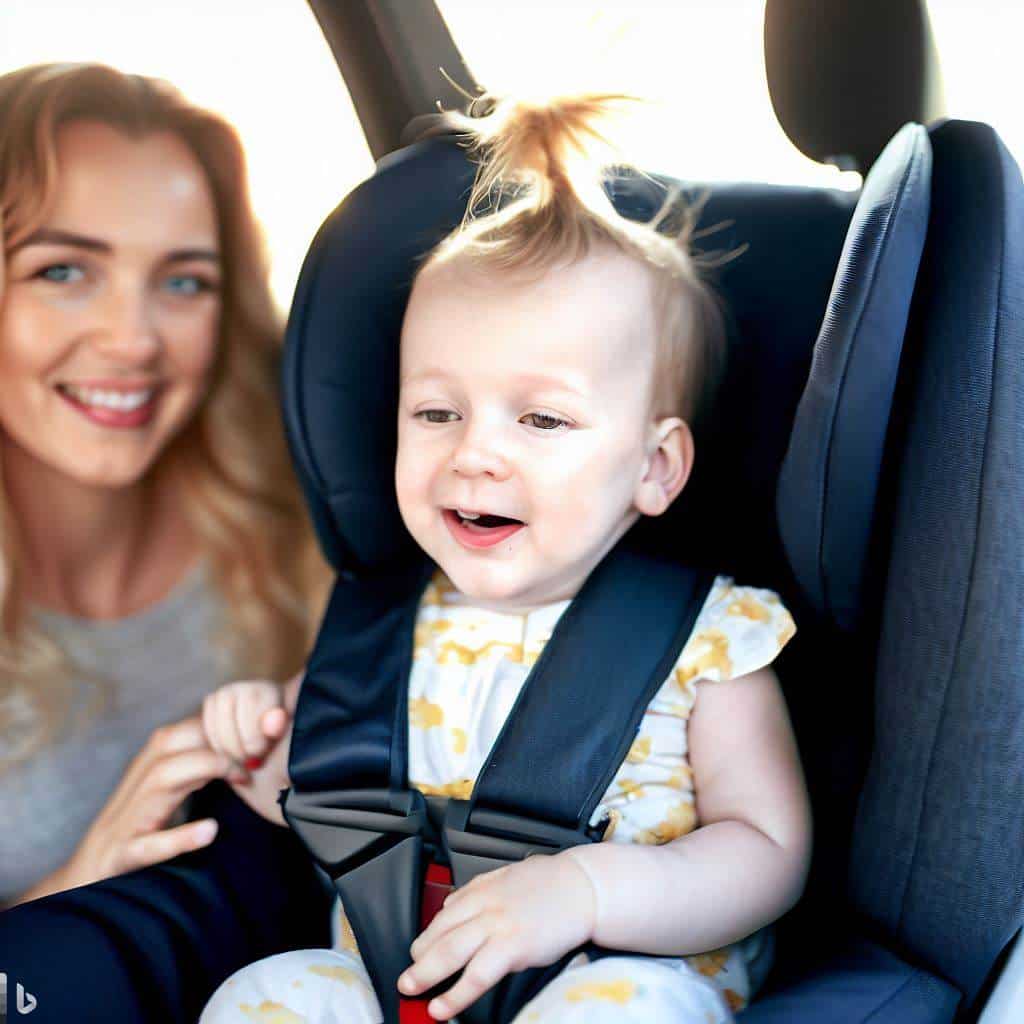Every state mandates the use of child safety seats, and there’s an excellent reason for it. In Louisiana, traffic crashes claim the lives of 16 children on average per year. However, citizens can minimize the risks of loss if the car seat laws in Louisiana are properly followed.
According to the Louisiana Highway Safety Commission, kid safety seats provide the best protection in the vehicle for babies and small children. The state has over 500 certified child passenger safety instructors and technicians to ensure your little ones’ safety during the ride.
Different aspects of the Louisiana car seat laws apply depending on the child’s age, height, and weight. Continue reading to learn more about the different types of infant and child car seats available, as well as what Louisiana laws require from you while transporting a child.

What Are Louisiana Car Seat Laws?
Various transportation, safety, and health officials were among the Louisiana Highway Safety Commission (LHSC) that proposed safety laws to prevent children’s death in car crashes. The laws follow the guidelines of the American Academy of Pediatrics and are focused on national best practices.
The primary goal is to hold children as long as possible in their recommended car sets. Naturally, you should select the seats based on their ages, weight, height, and growth, but you must also adhere to the manufacturer’s instructions.
For your child’s safety, you need to understand the different car seat requirements for different child growth stages.
1. Requirements for Toddlers

For infants between zero and two years, you should place him/her in a convertible child safety car seat or infant rear-facing car seat. The children will be protected to the greatest extent possible, and nothing will happen to them even if you’re involved in a car crash. According to the law, you must use the rear-facing car seat for your child until they turn two.
It is important to note that you must put them in the rear of the vehicle and not put them behind the airbags. Airbags can be deadly for kids in a car accident when they deploy with so much force.
2. Louisiana Car Seat Laws for Two to Four-Year-Olds

The law recommends that children who are two years old or younger must use the rear-facing car seats. Unless they outgrow the seats in height or weight limit specified by the manufacturers, they should not use the forward-facing car seats. Even then, the forward-facing car seats must have an internal harness system.
3. Louisiana Car Seat Requirements for Four to Nine Year Olds

The booster car safety seat is the recommended seat for the next developmental level. According to the law, children aged four to nine can use these seats without restriction.
For added security and safety, the booster seat laws Louisiana requires that they be accompanied by shoulder and lap seat belts. The straps must also pass the five-step checks to ensure safe and stable use.
4. When Your Child Can Use the Front Seat In Louisiana

According to a new rule that went into effect on August 1st, 2019, all children under 13 must ride in the vehicle rear, never in the front. They can only ride in the front car seats when they have reached 14 years old.
They must, of course, use proper seat belt systems in any of the seats.
Louisiana’s Taxis Car Seat Safety Laws
There are several exceptions to the existing safety rules that apply to different motor vehicles. Taxi companies are one of those who enjoy these exceptions.
The car seat safety laws exempt taxis from the car seat and child passenger regulations. Many parents believe they are dangerous for their children. Hence, they turn to alternative solutions to protect them.
They also call car rental firms for the right car seat or rent a seat from reputable companies. Of course, you can do some preliminary research to see if the seats are available at all or if they are available near you.
No, it is not. Parents are not allowed to leave their kids alone in the car in Louisiana. The fine for breaking this law is to pay $500 and likely face six months jail time. Your punishment doubles, $1000 – $5000 and one year jail time, if you break the regulation a second time.
No, you cannot. Louisiana’s car seat safety laws prohibit smoking in cars that have children passengers.
Consequences of Breaking the Law
Before getting behind the wheel, Louisiana drivers should familiarize themselves with the Louisiana seat belt law and child car seat law, as there are penalties for breaking them.
You will be fined $50 per incident per the seatbelt rule if one of the passengers is not appropriately restrained. Also, you will face a $100 fine per incident if one of your passengers is not correctly secured in a car seat as allowed by law.
The car seat regulation is a primary regulation in Louisiana. Therefore, a law enforcement officer would not need any other reason to pull you over. When a police officer has a reason to suspect per state laws that a child is not appropriately fastened, he or she will automatically pull you over and charge you for the various incidents.
Why Compliance with the Law is Important
Failing to meet the outlined conditions will result in serious legal repercussions. If you are charged with a child safety seat violation, you can be issued a ticket and fine, with the fine amount rising with each additional offense.
Drivers accused of violating a child safety seat law must submit a Child Restraint Affidavit to the state demonstrating that they have purchased the proper child safety seat. Drivers must submit the affidavit within 30 days or risk having their license suspended until they submit a signed statement proving they have obtained the proper child restraint.
For your child’s safety, you should obey these rules, including the ones prohibiting children under the age of 13 from riding in the back seat. The seat airbags are designed for adult passengers. When an adult is seated in the front seat, the airbags are designed to activate at the chest level.
However, when children sit in the front seat, the airbags may open at head level, causing severe and sometimes fatal injuries such as skull fractures and fractured necks.
Replacing Car Seats after an Accident in Louisiana
Since the law does not provide recommendations for the replacement of seats in Louisiana, you can follow NHTSA guidelines after a car accident or after the seats reach their expiry date.
Conclusion
Seat belts are designed to keep car passengers safe, but they are ineffective for children under 13. Fortunately, there are protective seats for your infant at any point of growth that can keep them safe in the case of a car crash.
Some drivers can struggle with installing car seats in their vehicles since each seat has slightly different installation instructions. The National Highway Traffic Safety Administration, or NHTSA, will help you fit all kinds of car seats and booster seats properly and correctly.
Visit one of Louisiana’s NHTSA Child Car Seat Inspection or Child Passenger Fitting Stations if you have any concerns about the right safety seat and proper installation for your child.






